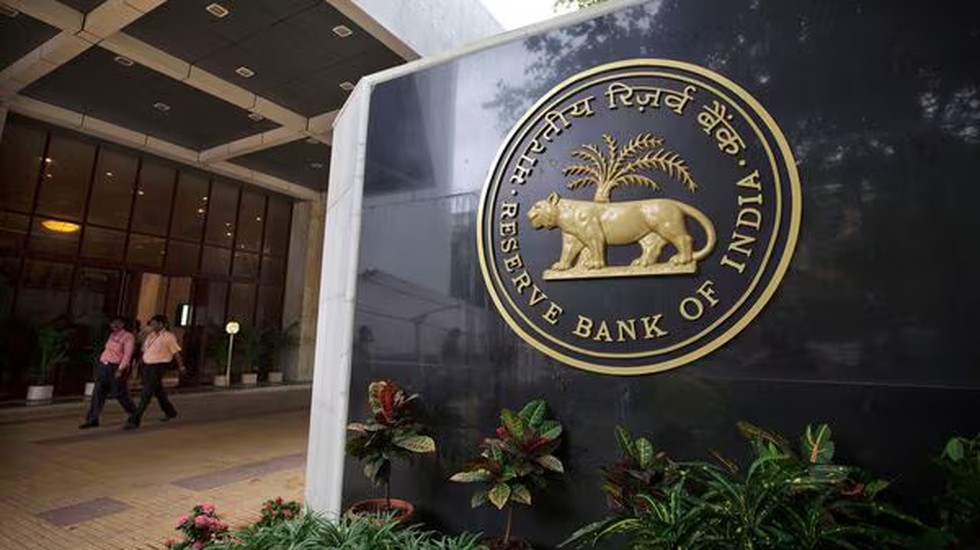What is a Dividend in Public Finance?
- A dividend refers to a portion of profits returned by a corporation or institution to its shareholders; in the case of the RBI, the Government of India is the sole shareholder.
- Dividends are a non-tax revenue source for the government and help in bridging fiscal deficits.
- RBI dividends are governed by the Reserve Bank of India Act, 1934 and are subject to approval by the RBI Central Board.
- Dividend Yield measures the return from dividends relative to the stock price, calculated as:
- Dividend Yield = (Annual Dividend per Share) / (Current Market Price of Share)
- Although private dividends require shareholder approval, RBI’s transfer is a policy-based institutional mechanism.
Why Did RBI Earn Higher Surplus in 2024-25?
- The higher surplus in 2024-25 is attributed to:
- Increased sale of foreign exchange reserves, especially in January 2025, when the RBI was the top seller among Asian central banks.
- Higher interest income from investments in government securities and foreign assets.
- Gains from forex transactions amid volatility in global markets.
- This is 27% higher than the ₹2.10 lakh crore dividend transferred in the previous year (2023-24), indicating a sharp rise in RBI’s earnings.
- The transferable surplus was calculated as per the Revised Economic Capital Framework (ECF), approved on May 15, 2025.
- The ECF determines how much surplus RBI can safely transfer while keeping enough capital to absorb financial shocks.
